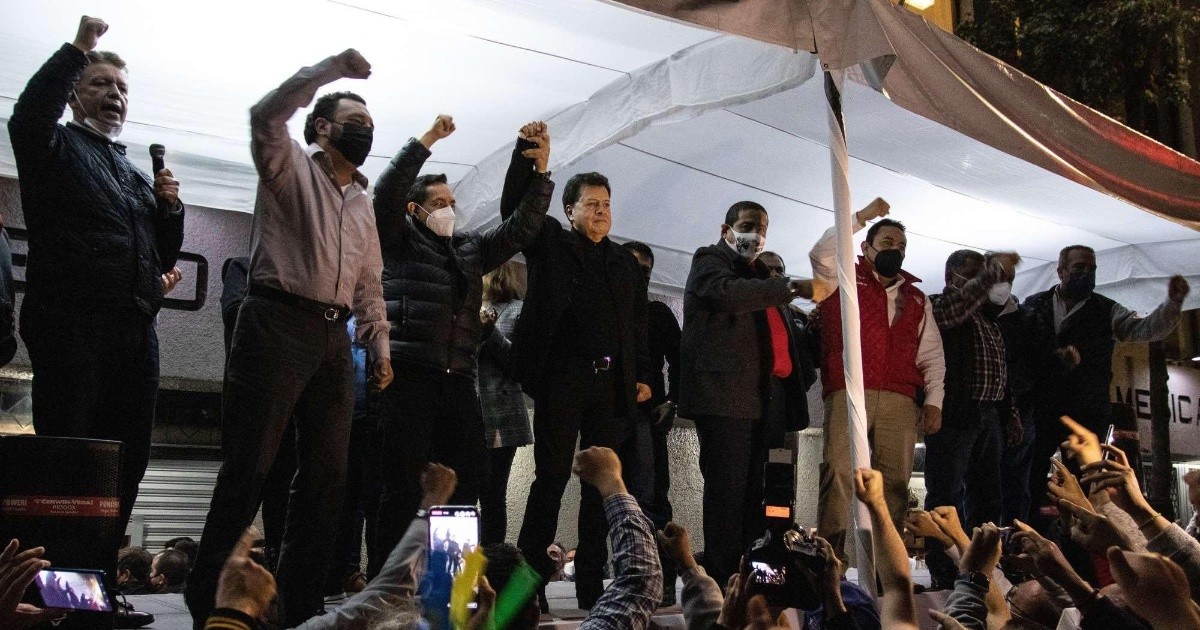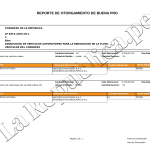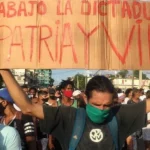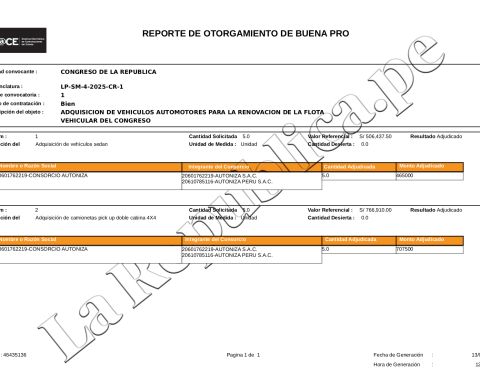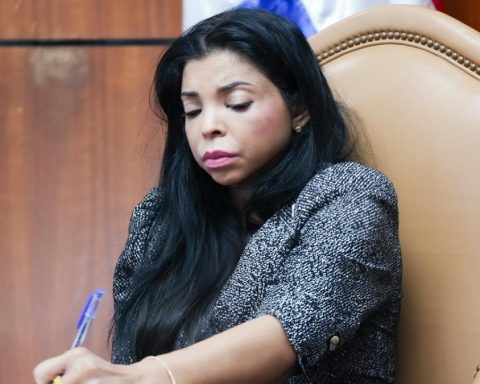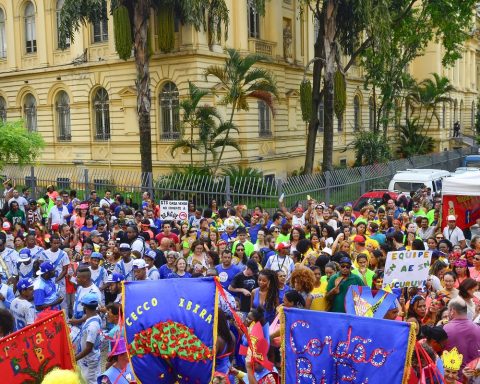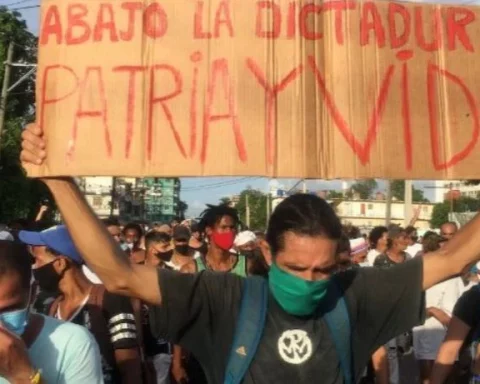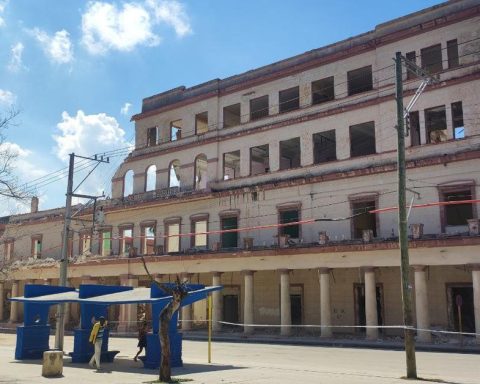The triumph of Ricardo Aldana to lead the oil union has disappointed those who expected the labour reform, by itself, will oust corrupt leaders. But, contrary to what the ominous statements point out, “this is just the beginning of a long process towards union democracy.” Of course, it will take a strong dissidence backed by another series of legal changes, experts say.
Those who say that the modifications to the Federal Labor Law (LFT) of 2019 were of no use because Aldana won, “are judging a priori. The labour reform It hasn’t yet set in because it’s very deep,” says Enrique Larios, president of the College of Labor Law Professors at the National Autonomous University of Mexico (UNAM).
“For me, the only way out is that of the minority union,” says federal deputy Susana Prieto Terrazas (Morena). “There is no other way to defeat them than by boosting the minority unionism, that is free, independent and democratic”. Small organizations must be strengthened “to face one of the magnitude, for example, of the Pemex union.”
In the case of Pemexthere are two minority organizations that have been in existence for no more than eight years, the Petroleum Union of Mexico (Petromex) and the National Union of State Productive Companies, Petróleos Mexicanos, Subsidiaries and Affiliates (SNEPE-PM-SF).
On Monday, the Petroleum Workers Union of the Mexican Republic (STRM), created in 1935, elected who will occupy the general secretary of its General Executive Committee. The PRI Ricardo Aldana, involved in Pemexgate and treasurer of the previous leader, Carlos Romero Deschamps, obtained the vast majority. With almost 45,000 votes, he left Senator Cecilia Sánchez far behind, who came in second with 4,116 votes.
The great relevance of the elections lies in different points. It is the union of one of the most important state companies for the country’s economy, but also in terms of energy sovereignty.
It is one of the largest, with more than 89,000 affiliated people, but it had never directly elected its leadership, the sectional delegates, almost always related to the national committee, were the ones who voted. The labour reform forced them to vote freely, directly and secretly.
Corruption has been a hallmark of the union administrations, also of the control of the PRI governments. The current steering committee was headed by Carlos Romero Deschamps, but when he was investigated for money laundering by the Attorney General’s Office (FGR), he decided to resign after almost 30 years in power. Ricardo Aldana is the current treasurer, a position in which he has also spent years.
And in this union the digital voting method was released. The Ministry of Labor and Social Welfare (STPS) created the Remote Labor Voting System (Sirvolab), which it made available to the STPRM, so that people, after registering, cast their vote from a cell phone or computer on the same day.
bullying complaints
“The reform of the LFT is leading us to the digitization of labor rights”, points out Doctor of Law Enrique Larios. The electronic voting system“unprecedented”, is a great tool, considers the deputy Susana Prieto, “the results are something else because the white unions and charro leaders take a step forward”.
The legislator received worker complaints who “asked them to go vote for that candidate (Aldana) and had to send a screenshot to show the meaning of their vote. It was logical that he was going to win because he is the financial operator” of Romero Deschamps.
“I received complaints from workers directly denouncing this. Many media outlets interviewed workers, but they were not instructed, but domesticated” so as not to publicly point out the intimidation, the legislator points out.
According to the STPS “the elections were characterized by a high percentage of participation. A total of 63,700 workers cast their vote, which corresponds to 88% of the workers registered on the Sirvolab platform, and 73% of the total number of unionized workers.”
In this process, the Federal Center for Conciliation and Labor Registration (CFCRL) “received 191 disagreements: 77 before election day and 114 during its development,” according to the secretary’s statement.
“In the following days, the STPRM must request the CFCRL the take note of change of directive”. The body will analyze the request and resolve this hundred disagreements. The ruling, qualifying the election, will be announced within a period not exceeding 10 days from receiving the request.
The stone in the shoe
The stage was set to change the leadership, at least as far as the law is concerned, says Enrique Larios. “In the next few days the CFCRL will have to resolve the challenges and it will be another test for the labour reform”.
But the large vote in favor of Aldana, according to the results issued by the General Executive Committee, is not the responsibility of the federal government. “Other administrations underestimated the workers, believed that they could not think and were manipulated by the head of the Executive in turn, federal and state. But that has disappeared”, he highlights.
However, he believes, there is still a long way to go before workers move away from a culture in which corruption of leaders It is not so serious if your collective bargaining agreement (CCT) offers you great benefits. “They are democratic processes that we see even at the country level.”
Pemex personnel “have unattainable benefits for other workers and they were afraid of losing all those privileges,” says Susana Prieto.
In 2019, the legislator led one of the largest strike movements in the country in the maquiladoras of Matamoros, Tamaulipas. From there emerged the Independent National Union of Industrial and Service Workers (SNITIS), which provides legal advice.
“The workers of the big unions from the federal government and its decentralized organizations are really pressured, intimidated of losing their benefits if they cast a vote contrary to the charros”, he points out.
On March 2, the Labor and Social Welfare Commission of the Chamber of Deputies will hold a forum on the initiatives that the legislator has proposed on minority unions. “In the law it says that they can exist, but if they don’t have rights, there is no point.” One of his proposals is so that unions with fewer members can also negotiate the CCT.
Those small organizations, “they will be the stone in the shoe of the big corporations, organizing the workers at the floor level, informing them and explaining what they are entitled to. We have a very long way to go, but with the information they will have the power to free themselves.”
